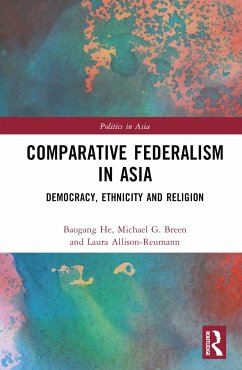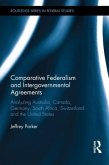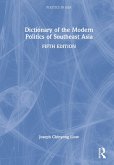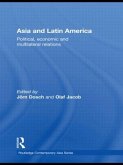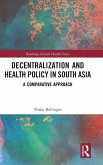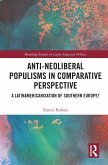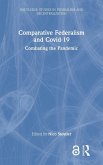He, Breen, and Allison-Reumann combine qualitative and quantitative research to compare the successes and failures of attempts at federalism in Asian countries. Federalism is an increasingly common approach to improving governance and resolving ethnic conflict in Asia. However, Asian federalism faces three thorny problems. First, the ethnic federalism paradigm dominates political and intellectual life, rendering political compromise difficult and creating an obstacle to establishing or improving federalism in Asia. Second, religious fundamentalism and secular refusal to accommodate religious demands pose an existential threat to federal politics. Third, a majoritarian democracy is itself a threat to federalism in Asia and the peace and stability that it is meant to underpin. Through a truly comparative analysis, He, Breen, and Allison-Reumann investigate the potential for a hybrid-ethnic approach, religious moderation, and deliberative democracy to overcome these challenges. They analyse cases from across Asia - both successes and failures. These include countries encompassing the first generation of federalism in Asia - India, Malaysia, and Pakistan - and challenges faced by the new, emerging, and aspiring federal states, namely Nepal, Myanmar, and Sri Lanka. They demonstrate how federalism can be achieved through compromise and a continual renegotiation of its underpinning values. A vital resource for scholars of political systems in Asia and of federalism more broadly.
Hinweis: Dieser Artikel kann nur an eine deutsche Lieferadresse ausgeliefert werden.
Hinweis: Dieser Artikel kann nur an eine deutsche Lieferadresse ausgeliefert werden.

